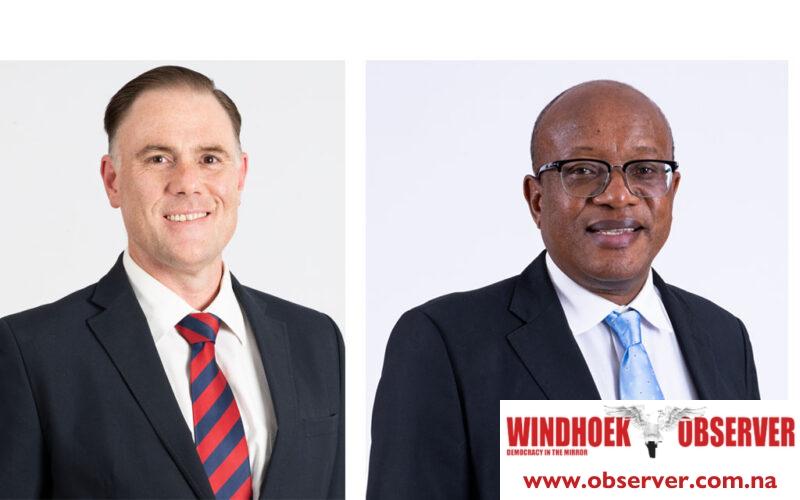While CEOs remain confident in the future of the global economy, there is a significant consideration for escalating uncertainty and rising global crises. This is according to KPMG’s 2024 CEO Outlook Survey – Africa, the inaugural edition focusing on the African continent.
According to Ignatius Sehoole, Chairman and CEO, KPMG in Africa: “It is an exciting time in the history of the African continent to release these results that collectively look at how we, as African colleagues, can together address the key impacts of the global and local economies to gear our businesses for growth. The whole is very much the sum of the parts and so reviewing CEO outlooks from a continental perspective is critical as we tackle global challenges and economic impacts on local African soil, with African-based solutions.”
Despite a backdrop of global economic uncertainties, and varying economic landscapes across the three regions, CEOs remain confident in the growth aspects of their organisations.
In East Africa, the projections indicate a 5.1% expansion in 2024 with CEOs likely to take a more cautious approach when pursuing M&A, due to prevailing factors such as economic volatility and currency risk. Only 26% of CEOs expect growth through M&A because of the existing economic conditions.
West Africa’s economic outlook in 2024 reflects cautious optimism among CEOs, with 60% confident in their country’s economic growth down from 73% last year.
Key risks include trade regulation, operational issues, and rising cybercrime. CEOs are focusing on agility, resilience, and embracing technology, especially generative AI, to navigate challenges. Improving customer experience and hedging against inflation are top priorities, along with talent retention.
Similarly, in the Southern Africa region, CEOs have expressed confidence in business growth in several areas.
The CEOs are most concerned about the impact of economic decoupling between countries which may lead to pricing pressures over the next three years, followed by cyber security and emerging or disruptive technologies.
“This confidence and prospects for business is refreshing, especially considering that local CEO confidence in the global economy has waned in 2024, reflecting the growing complexities of the environment they face – down to 52 percent compared to 2023’s 70% confidence levels,” says Frank Blackmore, Lead Economist, KPMG in Southern Africa.
Geopolitical competition remains broadly inflationary with the ability to disrupt supply chains and trade investments because it shifts the focus of investment from efficiency to resilience.
“Geopolitical tensions have caused global economic volatility, disrupted trade and energy markets and driven major supply chain headaches for CEOs putting pressure on inflation, food, and energy insecurity across the world. In addition, it has also increased regulatory uncertainty making it complex, costly, and inconsistent, and leaving room for significant hurdles for firms,” says, Stefano Moritsch, KPMG’s Global Geopolitics Lead.
In 2024, the prominence of generative AI is positioned and geared as one of the top priorities to get right as a cutting-edge investment by CEOs. For many CEOs across Africa, ensuring AI is implemented ethically is a priority, with 77% of the CEOs highlighting ethical dilemmas as some of the toughest challenges in adopting AI within their organisations.
Furthermore, the next three years offer a clear use of generative AI across the value chain, with 78% of Africa’s CEOs recognising its potential in the ICT function, significantly higher than the global CEOs at 68%. -KPMG




